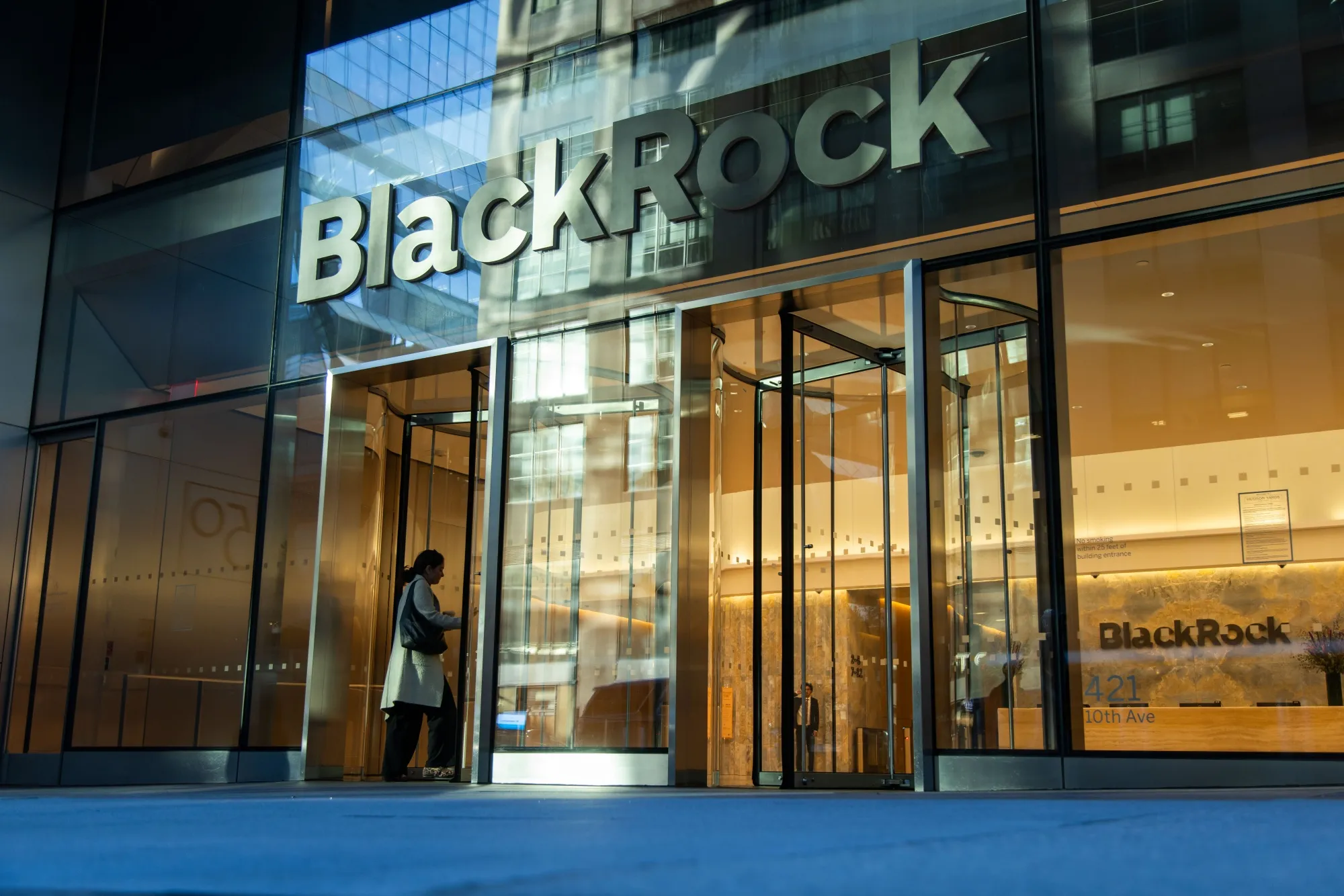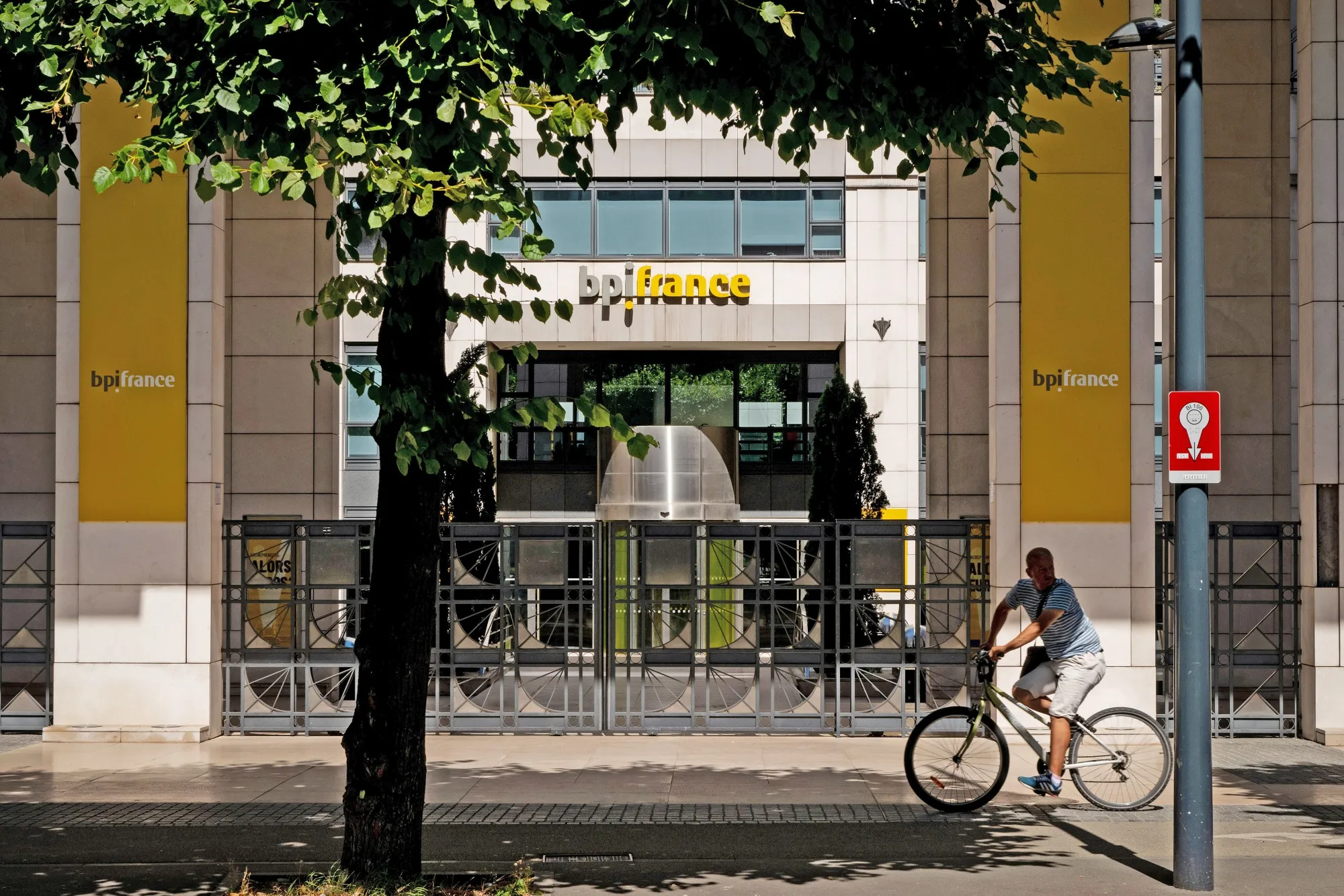Unless you’ve been stranded on a desert island recently, you'll know it’s a lot harder to raise money as a founder this year.
VCs are more cautious about deploying cash amid a plummet in public stock prices. Some startups are having a harder time making cash in the face of macroeconomic headwinds. And no one knows how long the turbulence will last. Tin hats on, everyone.
So it makes sense that the terms of VC deals are changing too. In the tech boom times, terms skewed towards giving more control and incentives to founders. Now things are a bit tougher.
“It's going back more to what I would say is long-term normal,” says Mike Labriola, a partner at law firm Wilson Sonsini. But, he adds: “I would say I've seen more what I call ‘predatory term sheets’ in the past six months than I've seen in the past decade.”
So how are term sheets — the documents that set out investment terms between startups and their backers — changing? And what should founders be looking out for?
Valuations are falling and everyone wants to avoid a downround
Perhaps the most important thing in a term sheet is the company valuation. The 10 investors and lawyers that Sifted spoke to for this piece said that those valuations are lower than last year across the board.
But what companies want to avoid is raising at a lower valuation than a previous round — a downround. When this happens, not only are founders' and existing investors’ stakes worth less, their ownership is reduced too. It can also be a blow to founder and employee morale and market perception of a company.
As a result, founders and investors are getting creative. Some are announcing “extensions”: raising more money at the same terms as last time. Others are raising via convertible notes: raising debt that converts to equity at a valuation to be determined later. Sifted has enjoyed the novel names — Series A+, Series B2, pre-Series A — that PRs have crafted for these sneaky rounds.
Other investors tell Sifted they've started to see a few rounds structured as tranches, where the investor hands over chunks of the total money as the startup hits certain performance goals.
Negotiation on other clauses in the term sheet can also be a way for investors to feel like they have enough protection to invest and still avoid a downround. That can include negotiation on liquidation preference — more on that later.
Later-stage companies are more likely to have to barter over terms or give investors more protection when the company doesn’t perform well, says Mike Turner, partner at law firm Latham & Watkins.
Early-stage companies — which are further away from public market turmoil — are simply finding it harder to close deals, “but it doesn’t necessarily translate into changing deal terms apart from valuation”.
One thing that has changed at earlier stages, his colleague Shing Lo (also a partner) says, is that secondaries — the ability for founders to take some money off the table — aren’t happening at Series A like they were last year.
In the boom times of 2021, many successful founders took large amounts of cash off the table in early rounds. Virtual events startup Hopin’s founder Johnny Boufarhat made more than £100m by selling some of his shares in the company.
Liquidation preferences
Liquidation preference clauses are one area where term sheets are seeing a big shift, market participants tell Sifted. These clauses stipulate the returns investors get in the case of a sale, merger or if the company goes bust.
Wilson Sonsini’s Labriola says that he’s starting to see some change on whether liquidation preferences are pari passu — where all shareholders have equal priority when getting exit proceeds — or senior, in which case investors get paid in order of most recent to oldest ("First in, last out"). The latter is bad news for angels and early-stage VCs.
Labriola says more UK term sheets were pari passu in recent years, but that he's now seeing senior liquidation preferences take over.
Term sheets also lay out a liquidation preference multiple, which stipulates how much an investor gets back as a multiple of their original investment amount. This is usually 1x, which means investors get paid back their investment in full before anyone else gets paid in the event of something like a sale.
Higher multiples can be particularly painful for founders and employees who can be left with nothing or next to nothing in a sale or liquidation. Thankfully, lawyers tell Sifted they aren’t seeing too much change to the standard 1x, other than in cases where a business is not performing well. A higher multiple can also be something investors can ask for in return for not touching the valuation, thus avoiding a dreaded downround.
Usually, these clauses are non-participating, which means that investors get money equal to what they invested, multiplied by X (if the company does well). But they don’t get a slice of the extra proceeds, if they exist.
Some lawyers say they’re now seeing more participating clauses, which means that investors get their money back plus a cut of the other proceeds in case of liquidation.
Claire Webster, director of legal at OMERS Ventures, says she is seeing things shift around liquidation preferences.
“I'm not sure whether that is a sign of people taking advantage of the market or if it is a function of inflation and rising interest rates, which means 1x downside is not very good anymore,” she says.
What kinds of investors are out there?
Northzone partner Michiel Kotting says that more of the predatory terms emerging in the market aren’t the doing of established VC firms but other investors who might not be traditional startup backers. These investors look to structure deals not to protect themselves but to create a return.
Often, these investors lock founders into exclusivity when negotiating a term sheet, so they can’t speak to other investors.
“They are using this exclusivity and the fact that the company is running out of money to basically extort value from them,” Kotting says. “I’m trying to warn my portfolio companies — understand who you’re dealing with and understand how serious they are.”
Latham & Watkins’s Turner notes that there are more private equity investors investing in later-stage scaleups asking for terms that VCs wouldn’t usually put forward.
Those can include charging interest on investments — which has unsurprisingly increased from 6-8% last year to up to a maximum of 12% now — or redemption rights. The latter gives investors the rights to sell back their shares to a company in case it doesn’t perform well.
“[PE] investors think about financial returns very differently. They typically are not backing founders, they’re backing businesses. They’re not backing technology, they’re backing economics,” Turner says.
Wilson Sonsini’s Labriola says that one thing does work in founders’ favour: VC is an industry built on reputation. And word will get around if VCs go too hard on companies with their terms.
So what can founders do to not get screwed?
Northzone’s Kotting says that founders should talk to people they trust to get a second opinion on a deal — something he’s doing with many non-Northzone portfolio companies.
He also says a downround can be preferable to extensions or convertible notes if they involve handing lots of control to a new investor. It can be preferable to work with existing investors “creating incentives for everyone to share the pain”, he says.
OMERS Ventures’ Webster says that founders need to “understand what they are asking for and what they are getting. You can’t just look at the valuation and assume it is a standard deal. You need to understand what is going to happen in the best-case scenario and the worst-case scenario.”
But amid all the doom and gloom, she is seeing one thing change on term sheets that the industry can be happy about: diversity and inclusion provisions. Those can require companies to implement D&I policies or report D&I metrics.
“It’s a nice positive in the midst of some dark times,” she says.



